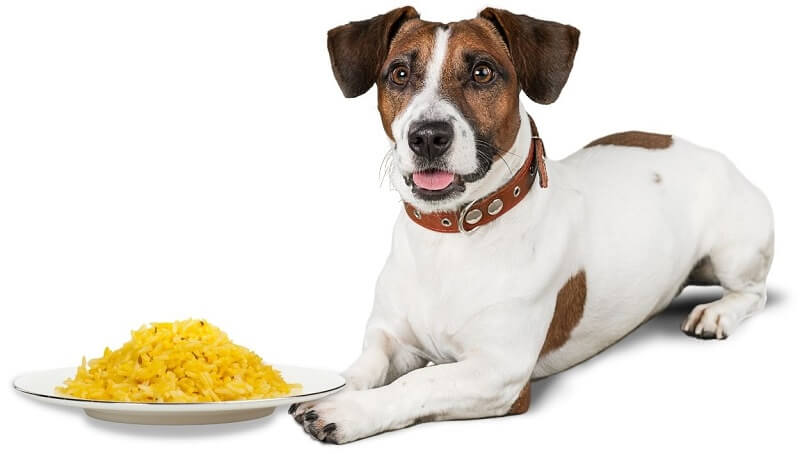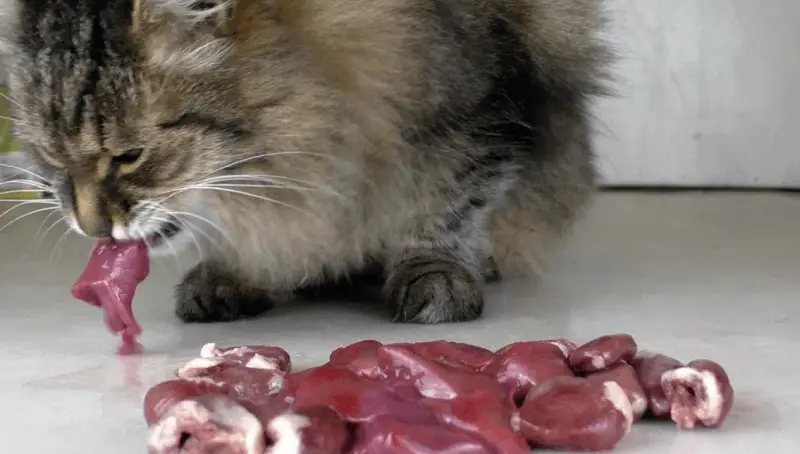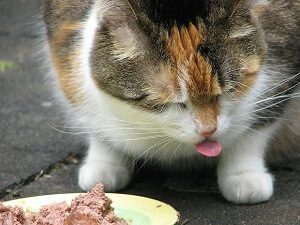
Do Goats Eat Blackberry Bushes?
April 5, 2022
Can Dogs Eat Yellow Rice?
April 6, 2022
The importance of liver in the cat’s diet is often underestimated. It is impossible to consider a single nutrient or a food more important than another. All foods are important and many of them are essential to ensure a healthy life. In any case, the liver contains a lot of essential nutrients in the cat’s diet.
Chicken liver is essential for good health because it contains many nutritious components. As long as it’s eaten in moderation, chicken liver is safe for cats. This food should represent just 5% per week of your cat’s diet.
Is it bad for cats to eat chicken liver?
Chicken liver contains many nutrients that are essential for good health. However, chicken liver stores vitamin A and cats that consume moderate to high amounts are exposed to the risk of toxicity of vitamin A. This is a slow and progressive disease that can take months to develop, but in some cases, irreversible lesions will occur.
You might also like my articles on whether cats can eat corn, beef, venison, or mushrooms.
Another risk factor is that liver is very pleasant for cats, and some can quickly become dependent on it and start refusing other types of food. In addition to the hazards of vitamin A toxicity, chicken liver is not completely balanced. The cats that refuse to eat are exposed to the risk of liver lipidosis (fat liver disease), a life-threatening disease that occurs when cats (especially overweight ones) remain without food for a few days. The body sends fat to the liver as an alternative source of energy, which overwhelms its ability to operate.
The benefits of chicken liver for cats
Information about the fact that chicken liver is a useful product is reliable. It is included in the diet due to its nutritional value, and balanced nutrient content:
- protein, its weight in the product is approximately 20%;
- fat – up to 6%;
- amino acids,
- trace elements (iron, phosphorus, calcium, magnesium, zinc, sodium);
- vitamins from different groups (B, C, D, K, E).
Can kittens eat chicken liver?
There is no scientific data regarding the appropriate age when you can start including in a cat’s diet chicken liver. You can give your kitten chicken liver as long as you start gradually to see their reaction to it. You shouldn’t offer them too many liver treats as it may lead to nutritional problems which can lead to obesity or diabetes.
How much chicken liver is a cat allowed to eat?
A cat’s diet should not contain more than 5-10% of chicken liver.
Most cats are fed twice a day, so each meal represents 7% of the weekly intake (100%/14 meals per week = 7%). Therefore, feed a maximum of one chicken liver meal once a week or you can feed a smaller amount more often, but mixed with fully balanced cat food from a nutritional point of view.
Can cats eat raw chicken liver?
 Cats are predators in nature. Therefore, many owners believe that feeding a cat with raw chicken liver or raw meat is a natural thing to do. After all, such animals are very clever, successful hunters, and often they spoil themselves with fresh prey. But the issue is that in flesh, in raw chicken liver, the larvae or the eggs of many helminthic infestations and other parasitic diseases can be found. The infection causes significant damage to the health of the cat. It is the beginning of the development of many pathologies, that sometimes leads to the death of the cat.
Cats are predators in nature. Therefore, many owners believe that feeding a cat with raw chicken liver or raw meat is a natural thing to do. After all, such animals are very clever, successful hunters, and often they spoil themselves with fresh prey. But the issue is that in flesh, in raw chicken liver, the larvae or the eggs of many helminthic infestations and other parasitic diseases can be found. The infection causes significant damage to the health of the cat. It is the beginning of the development of many pathologies, that sometimes leads to the death of the cat.
Cats can eat chicken liver either raw or cooked, as an independent meal or mixed with other type of meat, such as beef pieces.
Cooked chicken liver:
- Wash the chicken liver and remove any fat.
- Bring a pot of water to a boil, and add the liver.
- Cook for 5-10 minutes, or until it is boiled.
- Drain and place it on a plate until the liver has stopped steaming.
- Transfer it to a suitable container.
Cooked chicken liver can be refrigerated for 3-4 days.
Chicken liver for cats with kidney diseases
Chronic conditions, such as renal diseases, are often treated with a prescription-based diet. Any additional food can reduce its effectiveness. If your cat has a basic medical condition, always consult your veterinarian before feeding chicken liver or any other type of food not prescribed by the veterinarian.
Each owner is responsible for the health of their pet. How to feed the cat, in order not to hurt it, is determined by the animal and its general health conditions. If you have doubts about the right choice, you should consult your current veterinarian or veterinary clinic specialists.
